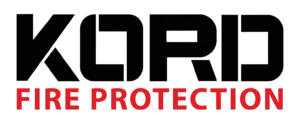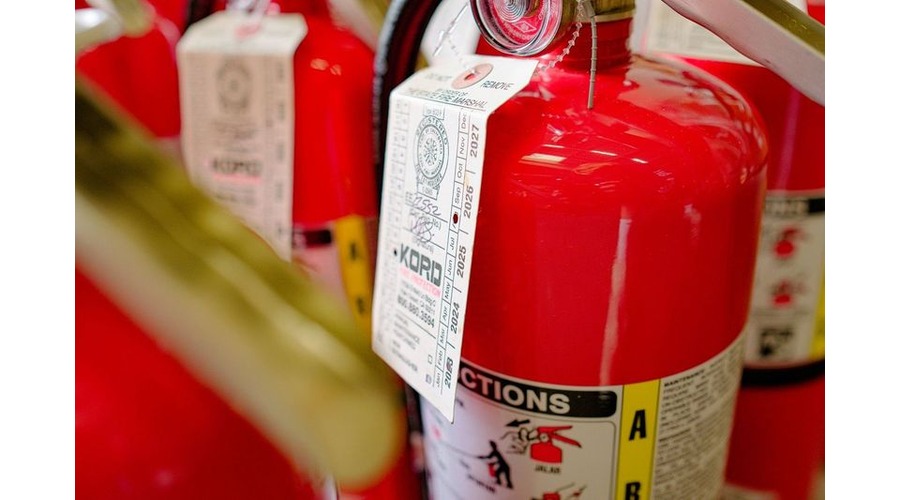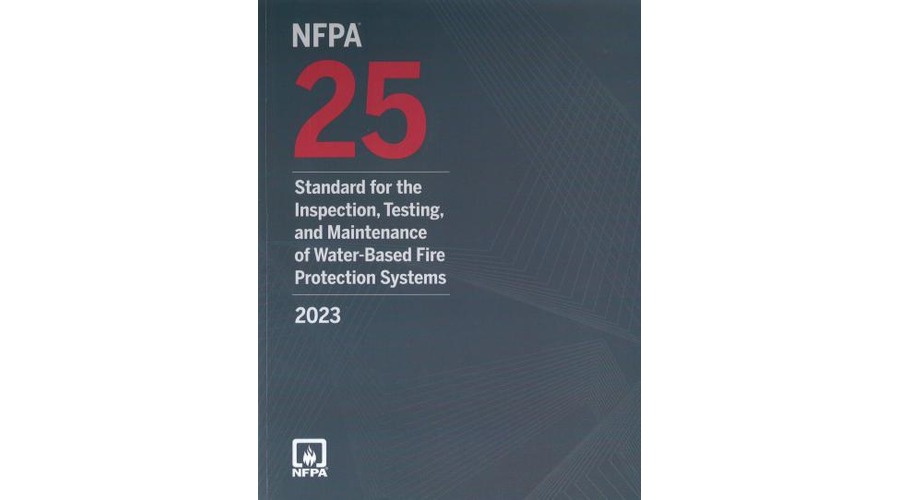Fire safety systems in buildings encompass various components, such as fire alarms, extinguishers, and sprinklers, aimed at minimizing damage and saving lives. Most modern constructions integrate these systems, but specific locations demand specialized equipment for safeguarding particular items and structures. In such cases, following NFPA 2001 guidelines ensures that clean agent fire suppression systems are designed and installed to effectively protect sensitive areas without causing harm to valuable equipment or materials.
How Do These Systems Operate?
For example, rooms housing electronics may benefit from a standard fire protection system, yet water-based suppression can still ruin the electronics. Certain settings, like data centers, museums, storage vaults, gas stations, grills, and fryers, necessitate tailored systems to combat fires without collateral damage.
Clean agent fire suppression systems offer a safe and efficient alternative by employing gases safe for human exposure levels. Designed for populated areas with delicate items, these systems automatically detect and suppress fires while leaving no residue upon evaporation.
The NFPA 2001 standard classifies clean agents as non-conductive, volatile, or gaseous extinguishing agents that leave no trace when evaporating, effectively controlling fires in their initial stages.
Types of Clean Agent Fire Suppression Systems
Clean agents are either gaseous or liquid, extinguishing fires by removing one of the three essential elements – heat, oxygen, or the fuel source. Novec 1230 and FM-200 stand out as cost-effective gas-based systems, requiring fewer agents and smaller storage cylinders. Novec 1230 proves slightly pricier but boasts a lower Global Warming Potential (GWP).
Among clean agents, inert gas is the most environmentally friendly with zero Ozone Depletion Potential (ODP) and GWP. Novec 1230 stands out for its low GWP, both rated with a zero ODP.
Advantages of Clean Agent Fire Suppression Systems
Clean agent systems respond swiftly, reaching appropriate concentration levels in under ten seconds, actively extinguishing fires compared to sprinkler systems that merely contain them. Cleanup is minimal with almost no residue, preserving delicate items due to the agents’ chemical makeup.
These systems gain approval from the U.S. EPA for use in occupied spaces, with options like “green systems” aligning with eco-friendly standards.
Which Buildings Should Install Clean Agent Fire Suppression Systems?
Clean agent fire suppression systems benefit various structures:
- Areas with flammable liquid storage
- Facilities housing critical infrastructure
- Museums
- Data centers
- Laboratories
- Medical facilities
- Libraries
- Call centers
These locations often safeguard valuable or delicate items, but clean agent systems can protect any building from fire regardless of its contents.
Inspections and Maintenance
Regular inspections and maintenance are crucial for ensuring these systems function as intended. Building owners designate a formal inspector or assume the role themselves in the inspector’s absence.
A clean agent fire suppression system is beneficial only if properly maintained and inspected.
Maintenance Schedule
According to NFPA 2001, maintenance should occur as follows:
Every Six Months
- Verify clean agent cylinder weight
Every Year
- Test all control panel equipment, including initiating devices and conduct room integrity testing
Every Five Years
- Inspect containers to reduce the need for hydrostatic testing
Maintenance for CO2 Systems
Every Six Months
- Verify CO2 cylinder weight and pressure
Every Year
- Test all CO2 control panel components, including initiating devices, per NFPA Chapter 12 standard on CO2 Fire Suppression Systems
Every Five Years
- Conduct a hydrostatic test if cylinders have been emptied
Every 12 Years
- Conduct a 12-year hydrostatic test if cylinders have never been emptied or the system has never discharged.
Get Protected, Stay Protected
If you own a building with valuable or delicate items, consider installing a clean agent fire suppression system to safeguard your investments effectively. While water-based systems contain fires, they may not minimize property damage, making clean agent systems the ideal solution.
Source:
Stay NFPA 2001 Compliant, Get Your Fire Protection Quote Today!
Ensure your facility meets the highest safety standards with NFPA 2001-compliant fire protection solutions. Our expert team specializes in delivering top-tier services that align with the latest NFPA 2001 regulations, safeguarding your property and assets from fire risks.
If you own a building with valuable or delicate items, consider installing a clean agent fire suppression system to safeguard your investments effectively. While water-based systems contain fires, they may not minimize property damage, making clean agent systems the ideal solution.




